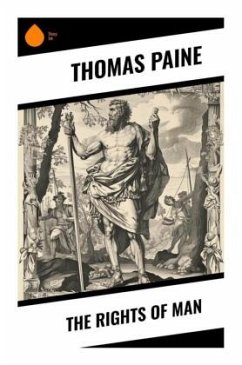
The Predicament of Democratic Man
Versandkostenfrei!
Versandfertig in 1-2 Wochen
52,99 €
inkl. MwSt.

PAYBACK Punkte
26 °P sammeln!
The author's thesis is an interesting one- that the growth of representative government has increasingly involved the citizen of a democracy morally in the misdeeds of officials towards other individuals. Cahn argues that in previous ages it has always been possible for the citizen, as a human being, to identify himself with the human beings to whom the wrongs were done. There was no feeling of identification with the king's men, however. The new predicament is that of the citizen identifying with the overzealous or unscrupulous district attorney or other perpetrator of official wrongdoing. Th...
The author's thesis is an interesting one- that the growth of representative government has increasingly involved the citizen of a democracy morally in the misdeeds of officials towards other individuals. Cahn argues that in previous ages it has always been possible for the citizen, as a human being, to identify himself with the human beings to whom the wrongs were done. There was no feeling of identification with the king's men, however. The new predicament is that of the citizen identifying with the overzealous or unscrupulous district attorney or other perpetrator of official wrongdoing. The author attempts to define those situations in which the citizen should implicate himself, and those in which he need not, and- by defining them - to show how the problem can be solved. Unfortunately there is an aura of philosophical hairsplitting about the whole thing. (Cahn refers, for example, to the white race as the "pink race"- certainly a needless effort to be literal.) Spotted throughout the book are numerous examples, most of them previously well-publicized, of instances in which individuals have suffered at the hands of government officials, mostly in the U.S. (Kirkus Reviews)














